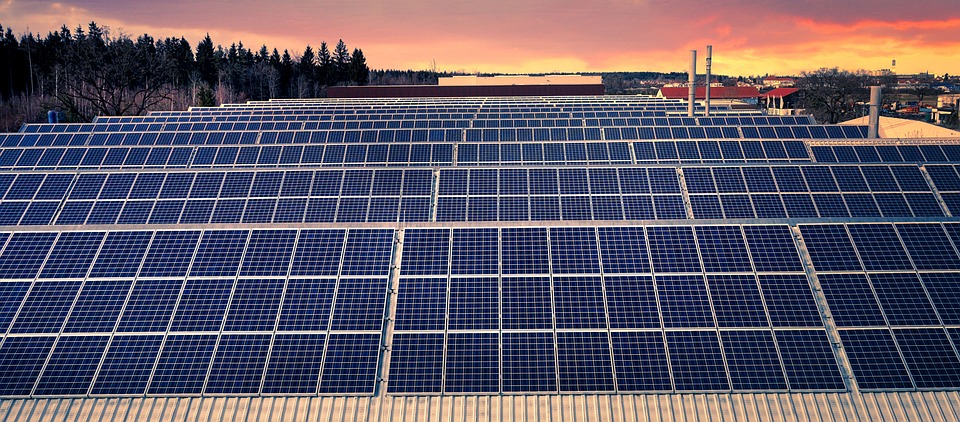Introduction
Solar energy has emerged as one of the most promising and rapidly growing sources of renewable energy. With climate change, environmental concerns, and energy security at the forefront of global discussions, understanding the advantages and disadvantages of solar power is essential for a sustainable future. In this article, we will explore the pros and cons of solar energy and its role in shaping our energy technology landscape.
The Rise of Solar Energy
Due to technological advancements and decreasing costs, solar energy systems have become more accessible and popular. According to the International Energy Agency (IEA), solar power is expected to be the leading source of electricity generation globally by 2030. With this rapid growth, it’s crucial to weigh the benefits against the potential drawbacks.
Pros of Solar Energy
Sustainability and Environmental Impact
One of the most significant advantages of solar energy is its sustainability. Solar panels generate electricity without emitting greenhouse gases, making it a clean alternative to fossil fuels. In fact, the U.S. Department of Energy (DOE) estimates that solar energy could reduce carbon emissions by up to 80% by 2050.
Energy Independence
Solar energy contributes to energy independence, allowing countries to reduce their reliance on imported fossil fuels. By harnessing the sun’s power, nations can foster local job creation and enhance long-term energy security.
Cost Savings
While the initial investment for solar panels can be significant, the long-term savings often outweigh the costs. Homeowners can save up to 50% on their electricity bills, depending on the size and efficiency of their solar systems. Additionally, many governments offer tax incentives and rebates to encourage solar adoption.
Cons of Solar Energy
Intermittency and Reliability
Solar energy generation is dependent on weather conditions and sunlight availability. This intermittency can lead to reliability issues, particularly in regions with less sunlight or during winter months. Energy storage solutions like batteries can mitigate this problem, though they come with their own costs and resource requirements.
Initial Costs and Infrastructure
The installation of solar panels can require a significant upfront investment, which may deter some homeowners and businesses. Furthermore, infrastructure for solar power distribution may not be uniformly developed, particularly in rural or underserved areas.
Land Use and Environmental Concerns
While solar farms can take up vast amounts of land, there are concerns about their impact on local ecosystems. The development of large-scale solar installations must be evaluated to ensure it does not disrupt wildlife habitats or contribute to land degradation.
The Future of Solar Energy and Sustainability
The transition to solar energy holds vast potential for creating a sustainable energy future. Continuous research and development in solar technology, alongside supportive policies, can help mitigate its disadvantages while maximizing its benefits. To truly achieve a sustainable energy landscape, it’s crucial to integrate solar power with other renewable resources, grid improvements, and energy storage solutions.
Conclusion
In summary, solar energy presents both remarkable advantages and notable challenges. By understanding the pros and cons, stakeholders can make informed decisions to harness the power of the sun responsibly and sustainably. Embracing solar energy is vital for a resilient and eco-friendly future.
FAQs
1. What are the main benefits of using solar energy?
The main benefits of using solar energy include sustainability, cost savings on electricity bills, energy independence, and a significant reduction in greenhouse gas emissions.
2. What are some challenges associated with solar energy?
Challenges associated with solar energy include intermittency due to weather dependency, high initial installation costs, and potential impacts on local land use and ecosystems.
3. How can individuals and businesses promote solar energy adoption?
Individuals and businesses can promote solar energy adoption by researching and investing in solar systems, taking advantage of available incentives, advocating for supportive policies, and raising awareness about the benefits of renewable energy sources.


Comments are closed.